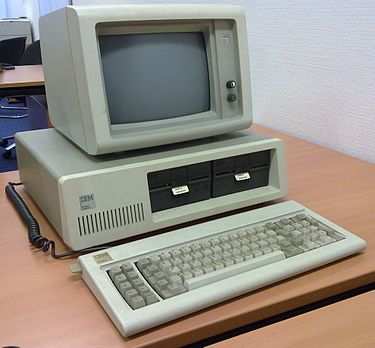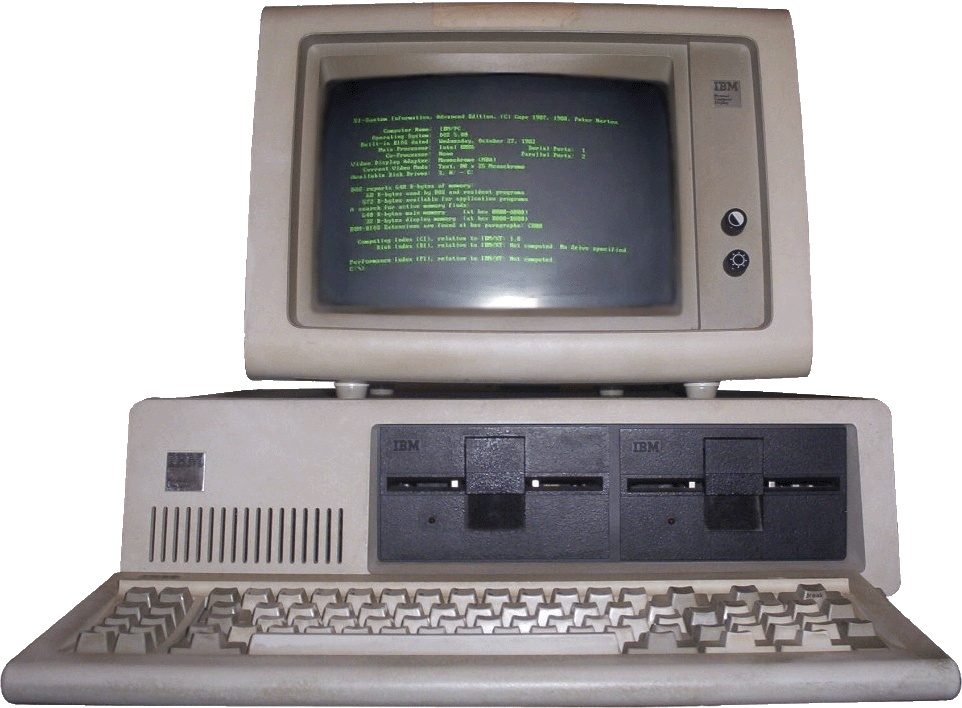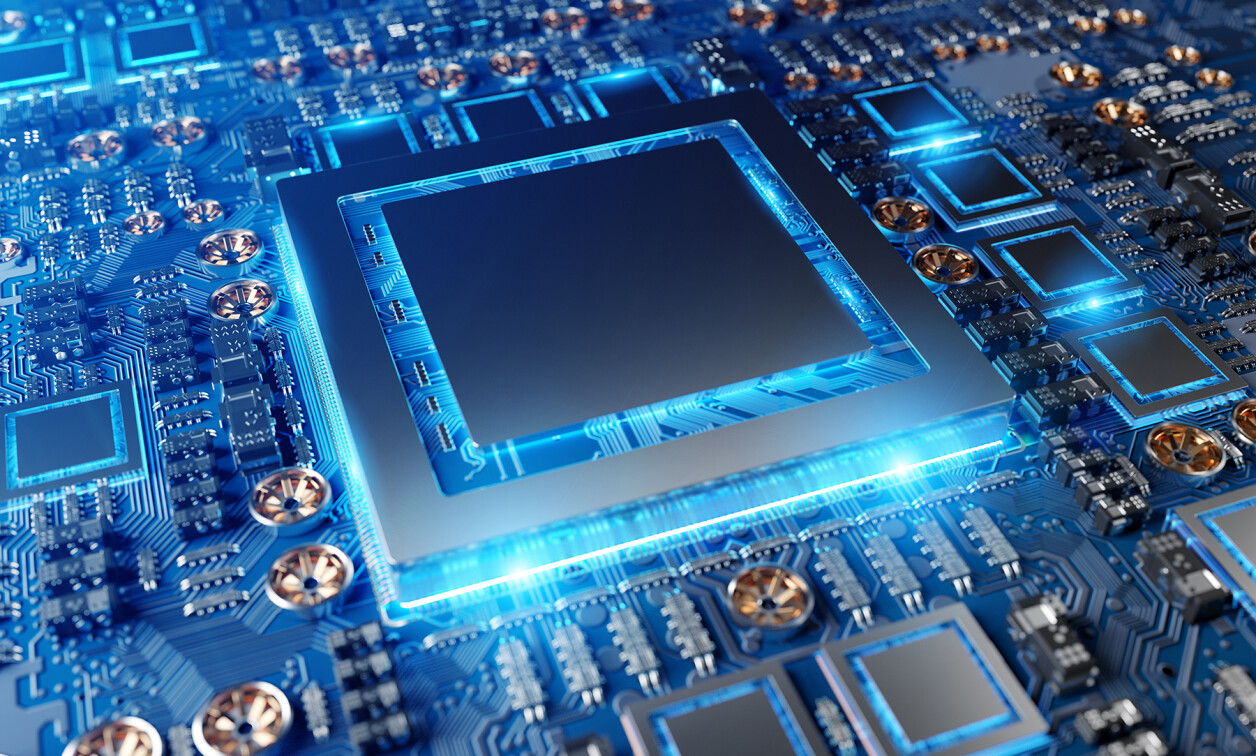From 8068 to Now: A Million Times Faster

Back in 1978, Intel’s 8068 was the heart of early x86 machines. Clocked at a humble 5 to 10 MHz and pushing around 0.33 MIPS, it was state of the art. It powered early PCs and embedded systems, making the personal computer revolution possible.


Jump forward to today, and the numbers are wild. Modern CPUs like the Intel Core i9 or AMD Ryzen 9 scream along at up to 6 GHz. They pack more than 20 billion transistors, crunch thousands of instructions at once, and juggle dozens of software threads without breaking a sweat.
Per core, today’s CPUs are roughly fifty thousand times faster. And with 16 to 64 cores working together, you’re looking at a performance leap of over a million times compared to that humble 8068 chip.
And it’s not just raw clock speed that makes the difference. Modern processors come loaded with huge caches, advanced pipelines, vector units, and lightning-fast memory controllers. Pair that with DDR5 RAM and NVMe SSDs that transfer gigabytes per second, and the old 8068 wouldn’t stand a chance.


So next time your PC takes an extra second to load a game, remember: you’re still running a machine a million times faster than what kicked off the PC era. That’s progress you can measure in light years.


Jump forward to today, and the numbers are wild. Modern CPUs like the Intel Core i9 or AMD Ryzen 9 scream along at up to 6 GHz. They pack more than 20 billion transistors, crunch thousands of instructions at once, and juggle dozens of software threads without breaking a sweat.
Per core, today’s CPUs are roughly fifty thousand times faster. And with 16 to 64 cores working together, you’re looking at a performance leap of over a million times compared to that humble 8068 chip.
And it’s not just raw clock speed that makes the difference. Modern processors come loaded with huge caches, advanced pipelines, vector units, and lightning-fast memory controllers. Pair that with DDR5 RAM and NVMe SSDs that transfer gigabytes per second, and the old 8068 wouldn’t stand a chance.


So next time your PC takes an extra second to load a game, remember: you’re still running a machine a million times faster than what kicked off the PC era. That’s progress you can measure in light years.